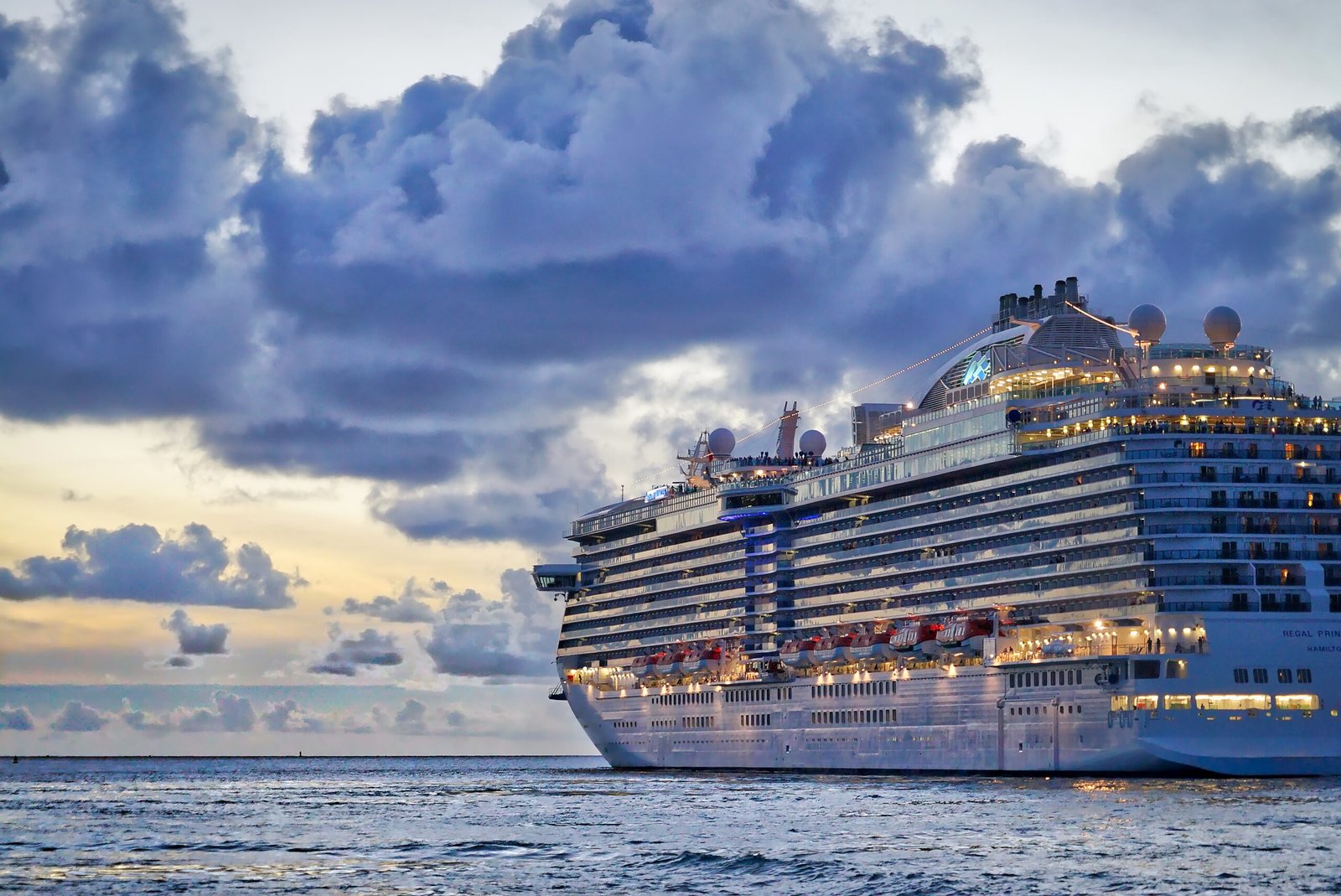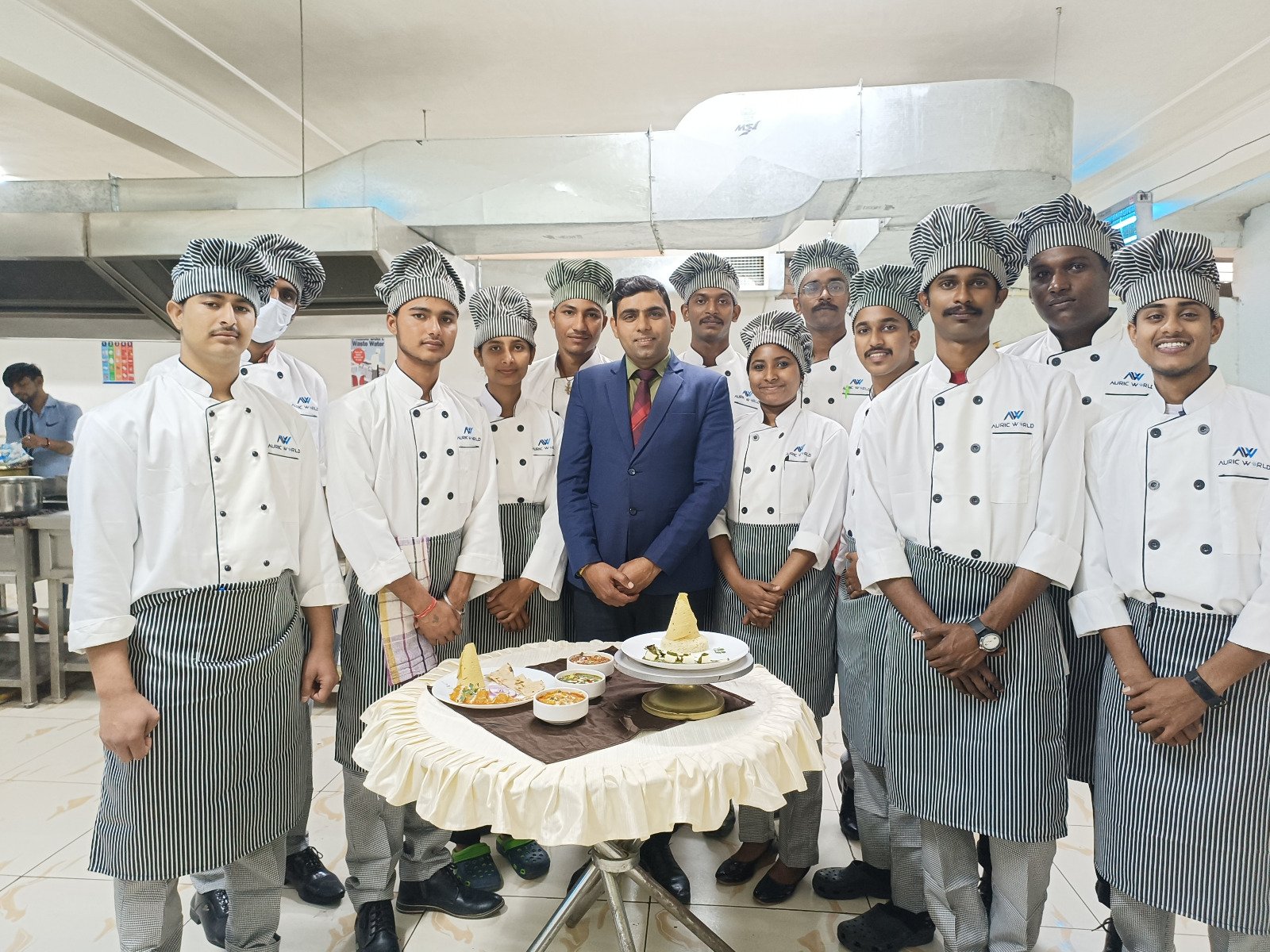Introduction: In the realm of cruise ship hospitality management, ensuring guest satisfaction is paramount. With the competitive nature of the cruise industry, managers need to employ effective strategies to enhance the overall guest experience. This article explores five key strategies that cruise ship hospitality managers can implement to optimize guest satisfaction and loyalty.
Personalized Service and Attention to Detail:

- Tailoring experiences to individual guest preferences can significantly enhance satisfaction. Hospitality managers should gather data on guests' preferences before and during the cruise, including dietary restrictions, preferred activities, and special occasions.
- Implementing a robust customer relationship management (CRM) system can help track guest preferences and ensure personalized service at every touchpoint.
- Training staff to anticipate guest needs and pay attention to small details can create memorable experiences. From remembering guests' names to fulfilling special requests promptly, personalized service fosters a sense of exclusivity and care.

Innovative Onboard Entertainment and Activities:
- To enhance guest satisfaction, cruise ship hospitality managers should continually innovate onboard entertainment and activities.
- Offering a diverse range of entertainment options catering to various interests and demographics ensures that there is something for everyone.
- Partnering with renowned entertainers, organizing themed events, and incorporating technology-driven experiences such as virtual reality (VR) gaming or immersive theater can elevate the onboard entertainment offerings.
- Providing educational programs, wellness activities, and culinary experiences can further enrich the guest experience and create lasting memories.
Culinary Excellence and Dining Options:
- Food plays a pivotal role in guest satisfaction on cruise ships. Hospitality managers should prioritize culinary excellence and offer diverse dining options to cater to different tastes and dietary preferences.
- Collaborating with celebrity chefs or renowned culinary experts can elevate the onboard dining experience and add a unique selling point to the cruise.
- Implementing flexible dining arrangements, such as open seating or specialty dining packages, allows guests to customize their dining experience according to their preferences.
- Regularly updating menus to incorporate seasonal ingredients, regional specialties, and international cuisines ensures variety and keeps guests excited about dining onboard.
Seamless Guest Communication and Feedback Mechanisms:
- Effective communication is key to understanding guest needs and addressing any concerns promptly. Cruise ship hospitality managers should establish seamless communication channels to engage with guests throughout their journey.
- Utilizing mobile apps, onboard portals, and in-cabin technology can provide guests with essential information, itinerary updates, and onboard promotions in real-time.
- Implementing feedback mechanisms such as surveys, suggestion boxes, or interactive touchpoints allows guests to voice their opinions and provide valuable insights for continuous improvement.
- Responding to guest feedback promptly and transparently demonstrates a commitment to guest satisfaction and fosters a culture of accountability and responsiveness within the hospitality team.
Environmental Sustainability and Corporate Social Responsibility (CSR):
- In today's environmentally conscious landscape, guests increasingly value sustainable practices and ethical commitments from cruise operators. Hospitality managers should prioritize environmental sustainability and CSR initiatives to align with guest expectations and enhance brand reputation.
- Implementing eco-friendly practices such as waste reduction, energy efficiency, and alternative fuel usage can minimize the environmental footprint of cruise operations.
- Engaging in community outreach programs, supporting local initiatives at cruise destinations, and partnering with environmental organizations demonstrate a commitment to responsible tourism and social impact.
- Educating guests about onboard sustainability efforts and involving them in eco-friendly activities such as beach clean-ups or wildlife conservation initiatives can enhance the overall guest experience while fostering environmental stewardship.
Conclusion: In the dynamic landscape of cruise ship hospitality management, prioritizing guest satisfaction is essential for long-term success. By implementing strategies such as personalized service, innovative entertainment offerings, culinary excellence, seamless communication, and environmental sustainability, hospitality managers can create unforgettable experiences that drive guest loyalty and differentiate their cruise offerings in a competitive market. By continuously refining and adapting these strategies based on guest feedback and industry trends, cruise ship operators can ensure that every guest's journey exceeds expectations, leaving them with cherished memories and a desire to return.

No comments yet